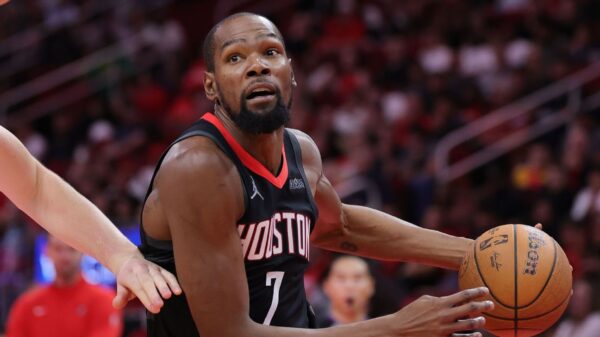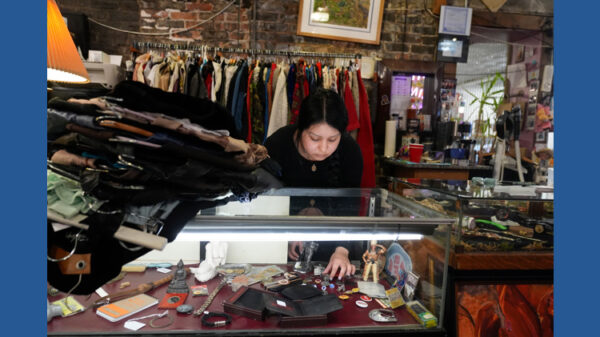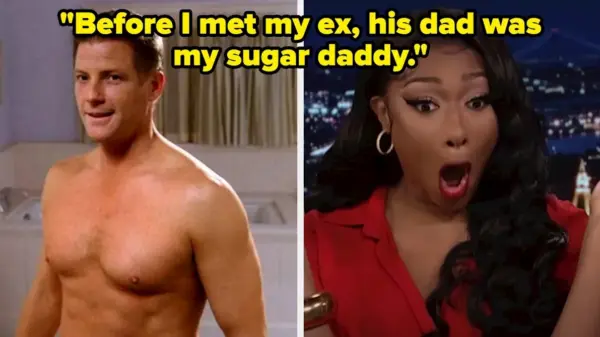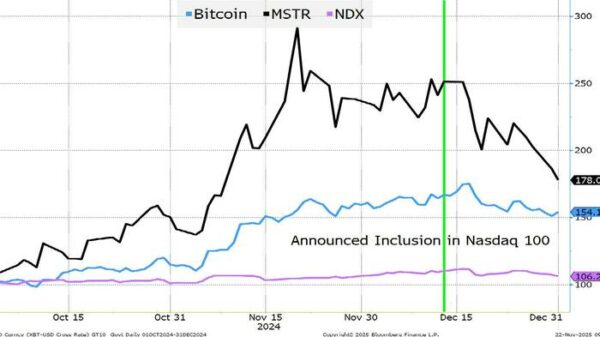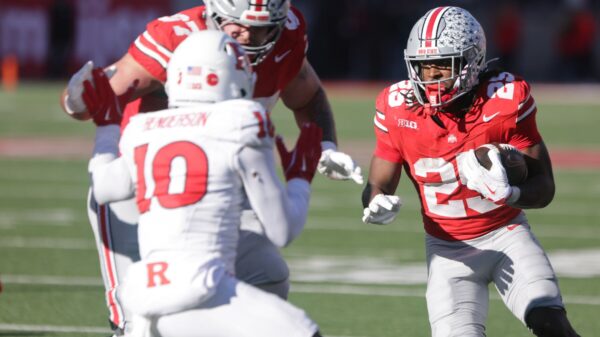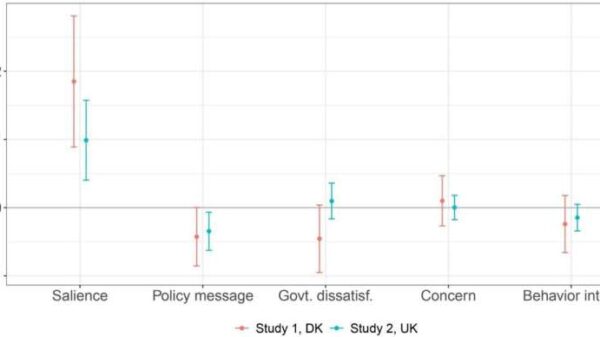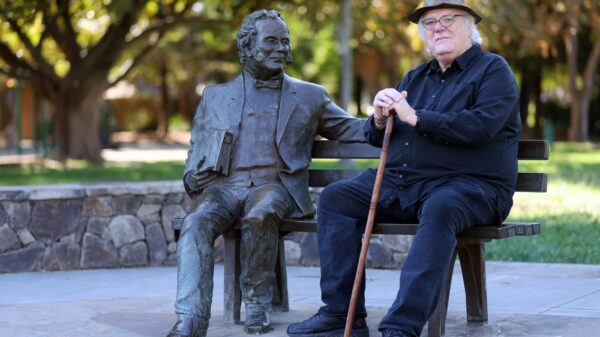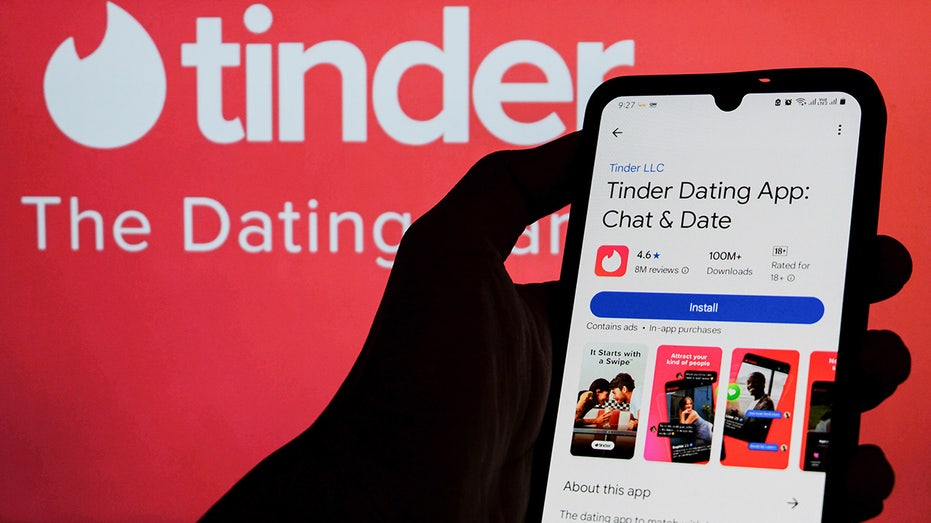BREAKING: New insights reveal that Gen Z men are increasingly apprehensive about dating, largely due to the pervasive fear of being filmed and ridiculed on social media. This alarming trend is reshaping gender dynamics among young adults, creating what some are calling a “Cold War” of the sexes.
Recent discussions on platforms like TikTok and in popular media highlight a troubling phenomenon: young men feel “scared” to engage in romantic pursuits. Eli Thompson, a recent high school graduate, shared his perspective with Rolling Stone, stating that the potential for public embarrassment has transformed ordinary interactions into high-stakes scenarios. “Normal interactions feel risky,” he lamented, reflecting a sentiment echoed by many of his peers.
The rise of social media has brought new challenges to dating. With women openly sharing their romantic escapades online—often through videos documenting dates—many Gen Z men now approach dating with trepidation. Thompson noted that this culture fosters mistrust, stating, “It encourages people to document embarrassing moments,” which makes young men second-guess their every move.
A startling statistic reveals that 37% of Gen Z individuals identify as celibate, with a significant proportion—68% of men and 64% of women—citing various societal pressures as contributing factors. Economic concerns and political differences are often blamed for this shift in dating behavior, further complicating relationships between the sexes.
Thompson’s observations resonate widely as men on social media voice their frustrations about dating in today’s climate. He argues that the fear of being recorded and publicly shamed stifles genuine connection and fosters a defensive atmosphere, transforming potential romances into battlegrounds. “This creates an unchecked culture of humiliation,” Thompson warned, emphasizing the emotional toll it takes on young men.
Furthermore, the pressure to present an idealized version of oneself online can deter men from pursuing relationships altogether. The constant scrutiny and fear of judgment lead to hesitancy in taking social risks necessary for dating success. “We need to establish consequences for digital cruelty,” Thompson urged, underscoring the need for accountability in online interactions.
This situation is urgent and demands attention, as it risks creating deeper divides between genders. The implications are profound: if young men remain hesitant to engage due to fear, the dating landscape could become increasingly barren and fraught with tension.
As society grapples with these evolving dynamics, the call for empathy and understanding becomes more vital than ever. Each side must recognize the other’s vulnerabilities to bridge this growing gap. The conversation surrounding Gen Z dating is just beginning, and the outcomes could shape future relationships for years to come.
Stay tuned as this story develops, and share your thoughts on how social media is impacting dating in your life.


